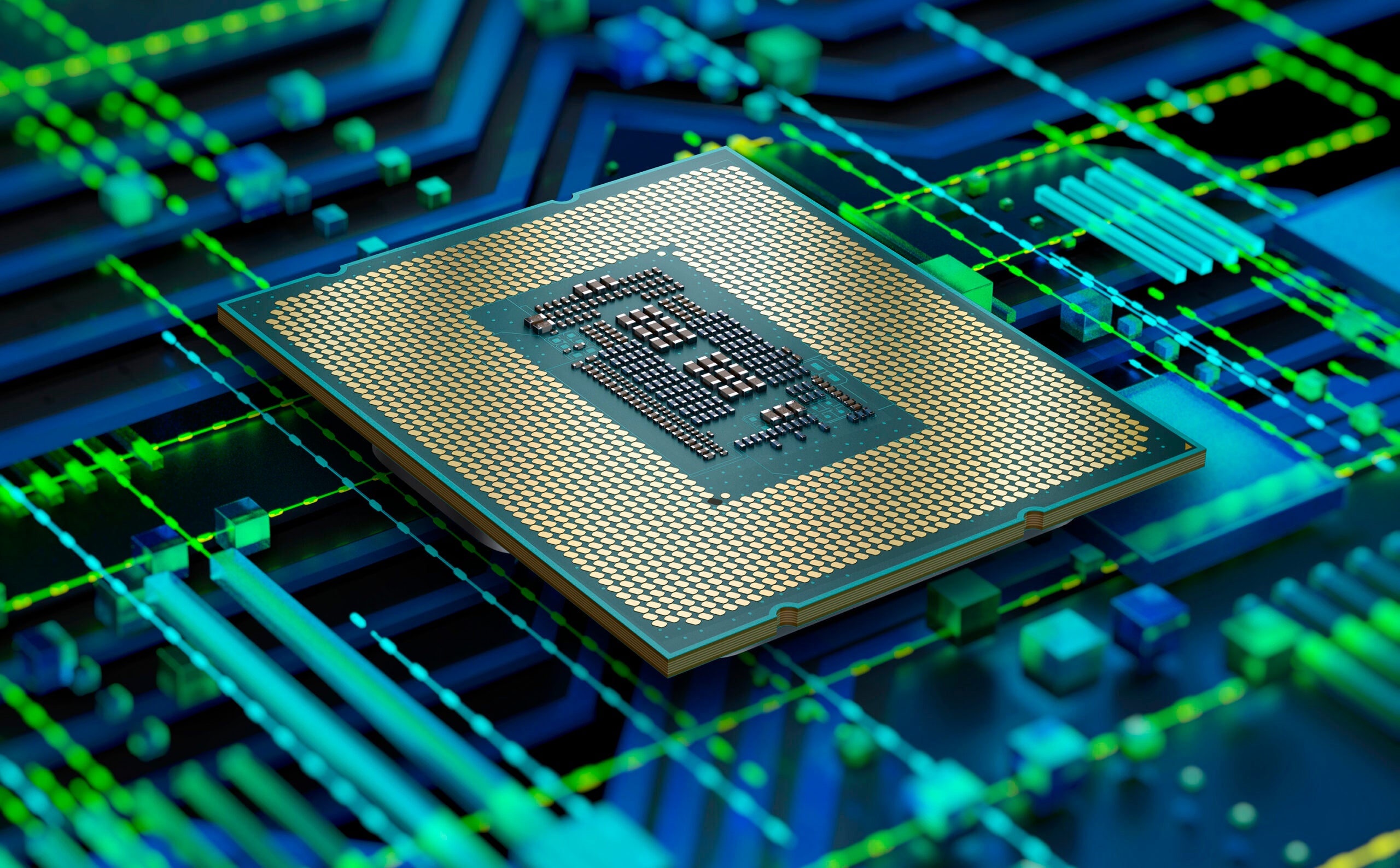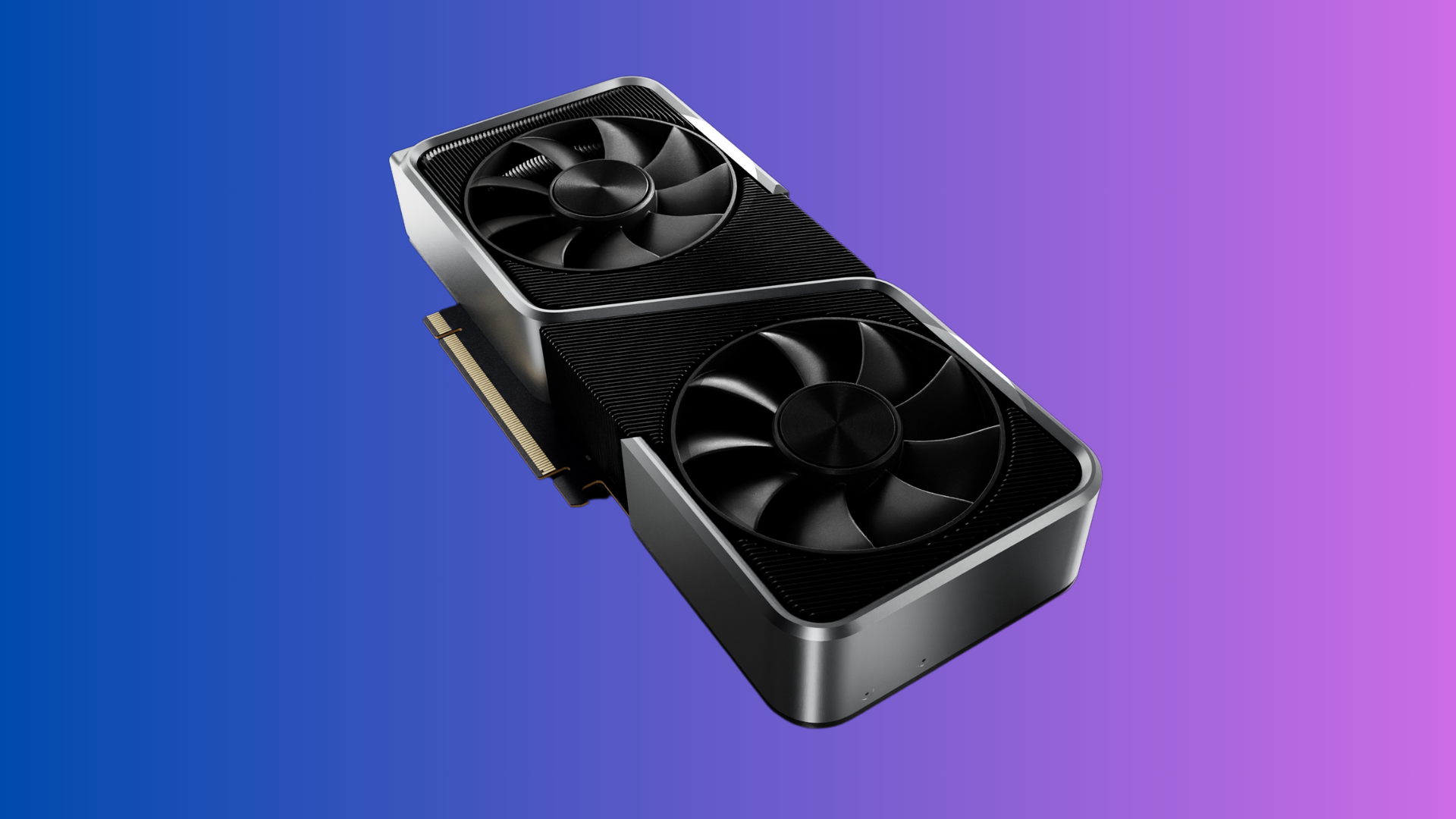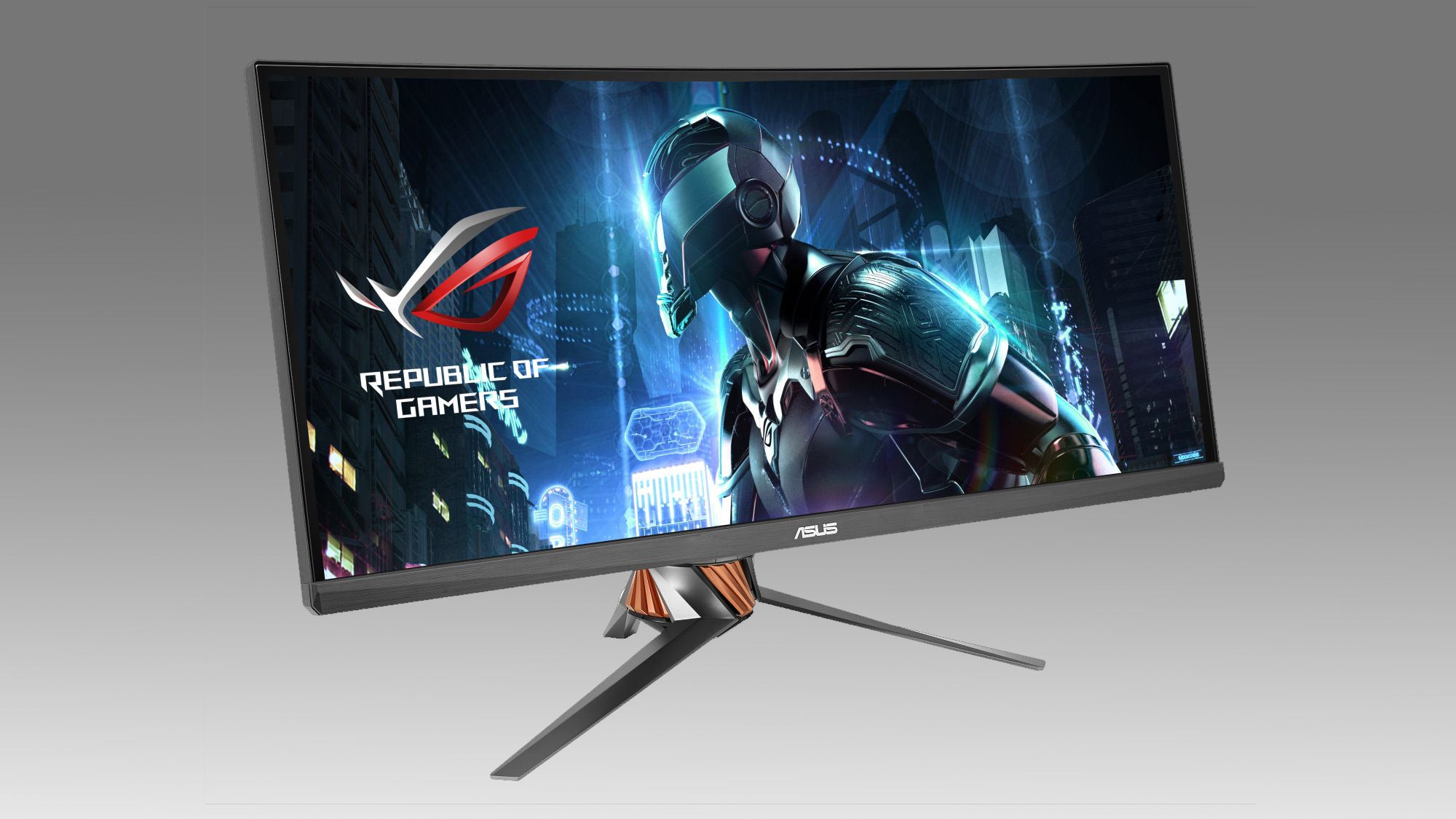What is the Snapdragon SQ3 chip and how does it compare to Intel?

The Snapdragon SQ3 chip has been confirmed to power select models of the Surface Pro 9.
But what is the Snapdragon SQ3 chip, and how much does it differ from Intel’s 12th-generation Alder Lake processors that are also available in the Surface Pro 9? Read on to find out everything you need to know.
What is the Snapdragon SQ3 chip?
The Snapdragon SQ3 chipset is a custom-built laptop processor from Microsoft, based on the Qualcomm Snapdragon 8cx Gen 3 notebook processor family.
Microsoft has not shared much information about the ARM-based chipset, although it has mentioned the Neural Processing Unit (NPU). It showed that the NPU accelerated various artificial intelligence workloads, such as real-time noise reduction and background blurring effects in Teams calls.

The SQ3 chip featured in the Surface Pro 9 comes with 5G capabilities, and it looks like it will be more power efficient than the Intel variation, with Microsoft claiming that the ARM 5G laptop can last up to 19 hours, while the Intel laptops sit at 15.5 hours.
Since we have not yet been able to review either configuration of the Surface Pro 9, we cannot definitely claim that the Snapdragon chip has a better battery life than the Intel variations, though it’s something to consider at checkout.
How does the Snapdragon SQ3 chip compare to Intel chips?
We can’t make any definitive claims about the performance or power differences between these chips until we get them in for review.
However, we do know that the SQ3 chip packs 5G support for the Surface Pro 9, unlike the Intel variations. It also could come with a longer battery life than Intel, if the quotes from Microsoft are to be believed.
However, as we noted in our review of the Surface Pro X and the Xiaomi Book S, there can be compatibility issues between Snapdragon’s ARM architecture and Windows operating system. This can cause some apps to run slowly or not at all, and it may be off-putting for those who have had negative experiences with ARM chips in the past.
Previous Snapdragon chips in this vein have also struggled to offer a similar level of performance compared to their Intel counterparts. But we will need to wait for the final review to confirm whether this will be the case with the SQ3.
Overall, we will know more about the SQ3 chip once we have it in for review. From the outset, we can’t say if it will perform better than Intel, but it looks like it will offer other benefits such as improved battery life, on-the go internet connectivity and accelerated AI features.








